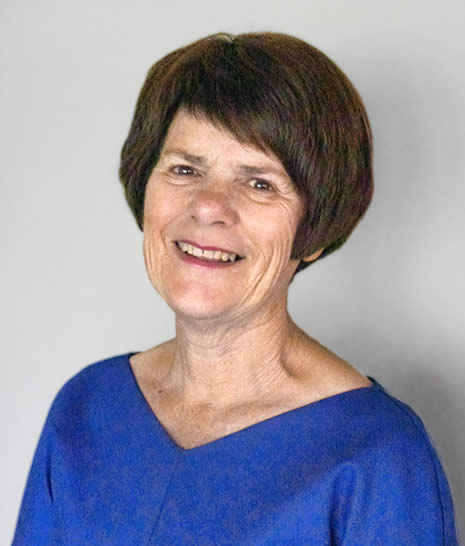Aaron Wilson -WFRC
During our first CoL meeting of 2019, we heard from Dr. Wilson from the Woolf Fisher Research Centre. He spent time talking with us about Researching as an Inquiry and the attributes of an Inquiring Teacher. Some really good reminders as to why, we as NZ teachers Inquire into our teaching practice.
Researching as InquiryWe need to spend more time “understanding” our students more in the beginning of Inquiry before we jump in and start “trialing” things with them. We need to be analytical about our students in the beginning of the inquiry cycle and our teaching before the intervention.
Why Inquire? Three views of effective teaching (Aitken 2007)
1. The “style” view
2. The “outcomes” approach
3. The “inquiry” approach
The first two views do not effectively allow teachers in NZ to inquire accordingly with the NZ Curriculum.
It is necessary to have your Inquiry directed at something that is a hard to solve problem. It needs to be something that requires lots of contextualised problem solving.
Efficacy: knowing that, notwithstanding other factors that affect student learning such as prior learning or socio-economic status, teachers can make a difference.
High expectations for all. An inquiring teacher is not satisfied because some or even most students have achieved valuable learning outcomes. Rather, she will seek to change, improve or refine teaching until learning success can be achieved by all.
Curiosity. Inquiring teachers do not accept the status quo. They ask why things are the way they are and how they can be changed. They seek new knowledge from experts, from published research and anywhere else they can get it.
Clarity about the student learning that is desired and the indicators of such learning.
Noticing. Inquiring teachers notice patterns of student learning during their classroom interactions with students, when they assess student work and examine achievement data.
Collegiality. The stubborn and persistent problems that are worth inquiring into can seldom be solved by one person. Good inquiry requires teams, leadership support and challenge, external viewpoints, external expertise, moral support.
Criticality. Inquiring teachers look at their own practice critically and look critically at easy solutions offered by others
Resilience. Because inquiry should be directed at the most stubborn and persistent problems there will be disappointments - the key is to monitor and notice as soon as possible and to see “failure” as an opportunity for new learning.
It is necessary to have your Inquiry directed at something that is a hard to solve problem. It needs to be something that requires lots of contextualised problem solving.
8 Attributes of Inquiring Teachers
Efficacy: knowing that, notwithstanding other factors that affect student learning such as prior learning or socio-economic status, teachers can make a difference.
High expectations for all. An inquiring teacher is not satisfied because some or even most students have achieved valuable learning outcomes. Rather, she will seek to change, improve or refine teaching until learning success can be achieved by all.
Curiosity. Inquiring teachers do not accept the status quo. They ask why things are the way they are and how they can be changed. They seek new knowledge from experts, from published research and anywhere else they can get it.
Clarity about the student learning that is desired and the indicators of such learning.
Noticing. Inquiring teachers notice patterns of student learning during their classroom interactions with students, when they assess student work and examine achievement data.
Collegiality. The stubborn and persistent problems that are worth inquiring into can seldom be solved by one person. Good inquiry requires teams, leadership support and challenge, external viewpoints, external expertise, moral support.
Criticality. Inquiring teachers look at their own practice critically and look critically at easy solutions offered by others
Resilience. Because inquiry should be directed at the most stubborn and persistent problems there will be disappointments - the key is to monitor and notice as soon as possible and to see “failure” as an opportunity for new learning.



